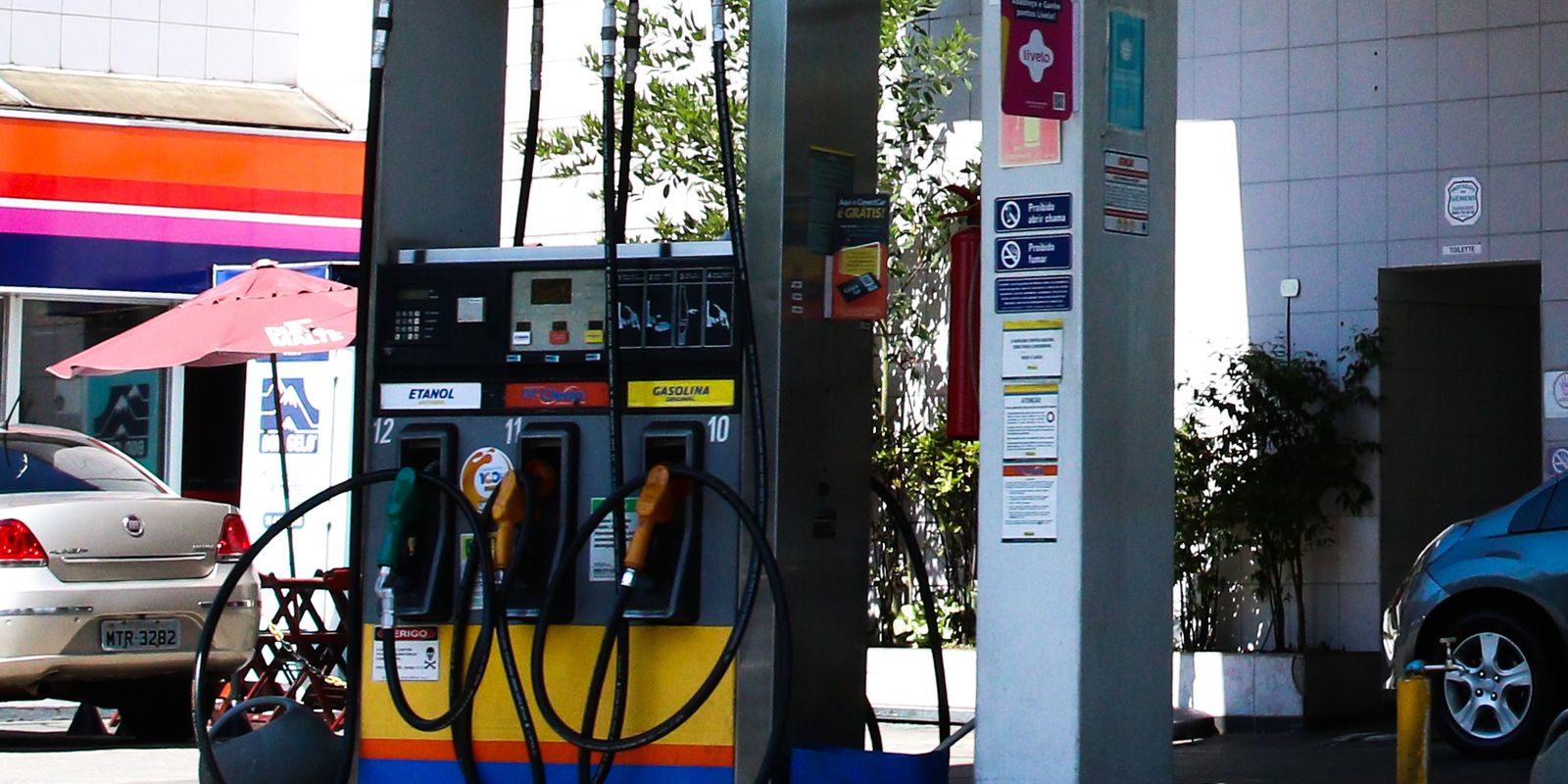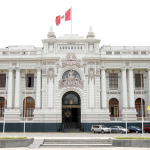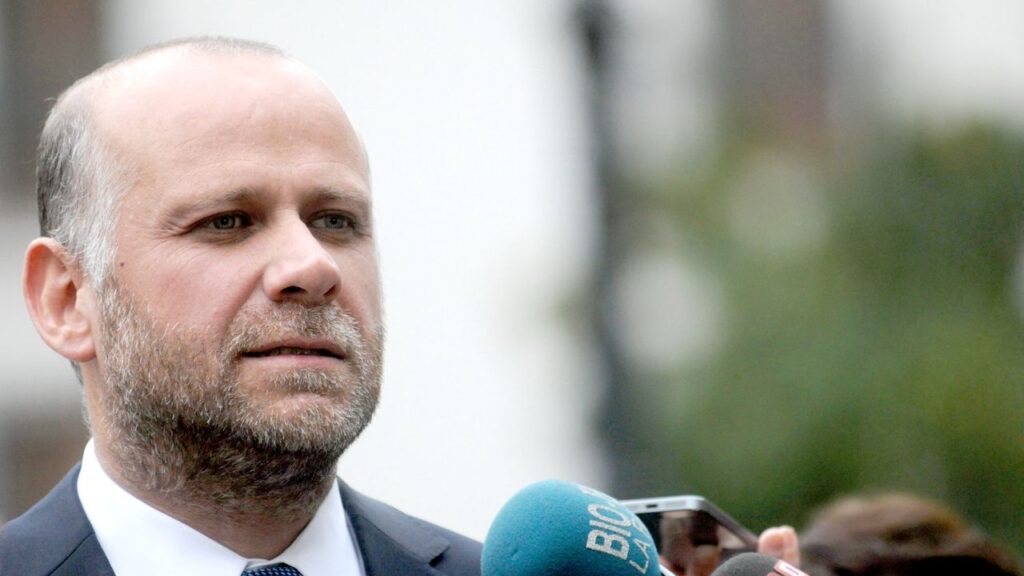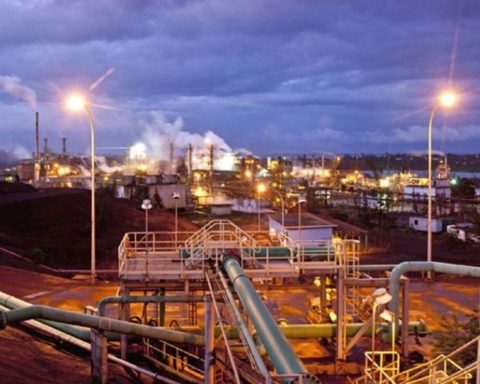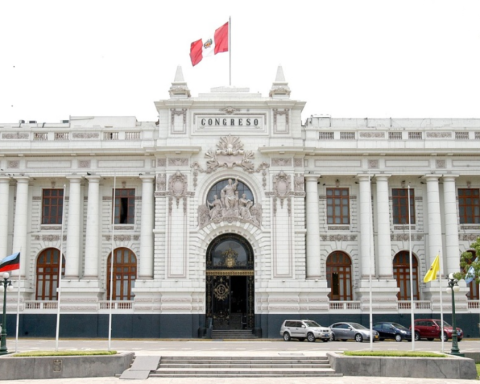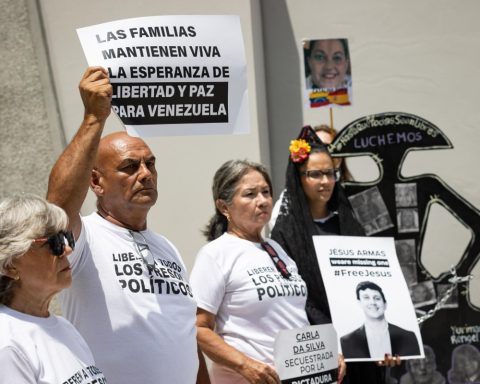The Complementary Law Project (PLP) 11/20, which provides for the levy of the Tax on the Circulation of Goods and Services (ICMS) on fuel, including imported fuels, is awaiting sanction by President Jair Bolsonaro. The text, approved at dawn this Friday (11) in the Chamber of Deputies, provides that the charge will be based on a fixed rate per volume sold and unique throughout the country.
Yesterday (10), Bolsonaro said, during live weekly on social networks, which intends to immediately sanction the matter.
“It becomes a fixed amount of ICMS, which is no longer a percentage of the price above the pump. Basically it freezes, for real, the ICMS, which is a state tax on fuels. If the Chamber approves today, on my part , no matter the time, I sign at any time of the night. Or at dawn. And publish it on Official Diary of the Union“, said the president.
readjustment
Before being voted on in the Chamber, the project had been approved on Thursday afternoon by the Senate. Approval of the proposal took place amid high in fuel prices announced by Petrobras.
With the increase, the average sale price of gasoline from Petrobras to distributors goes from R$3.25 to R$3.86 per liter. For diesel, Petrobras’ average sales price to distributors rises from R$3.61 to R$4.51 per liter. In the case of liquefied petroleum gas (LPG), the average selling price for distributors rises from R$3.86 to R$4.48 per kilo (kg), equivalent to R$58.21 per 13kg, reflecting the readjustment average of R$ 0.62 per kg.
The project
Among other points, the PLP establishes that ICMS, a state tax, will be charged in a single amount per liter of fuel. Currently, the tax rate is a percentage charged on top of the final price of the liter at the pump, which undergoes variations in the dollar and in the international price, further burdening the final amount charged to consumers.
The text determines that ICMS should be charged on the price at the refinery or at the import counter, when the fuel comes from abroad. The new values, by the proposal, will be defined through the National Council of Finance Policy (Confaz), which brings together representatives of the economic area of all states and the Federal District.
Diesel is the only fuel that would adopt an emergency transition rule. According to this system, while the single charge – and corresponding unification of the rate – of diesel is not adopted, the reference value for stipulating the tax will be the moving average of the average prices charged to the final consumer in the 60 months prior to its establishment.
In addition to the single charge, the project also grants exemption from PIS/Pasep and Cofins in 2022 on fuels.
